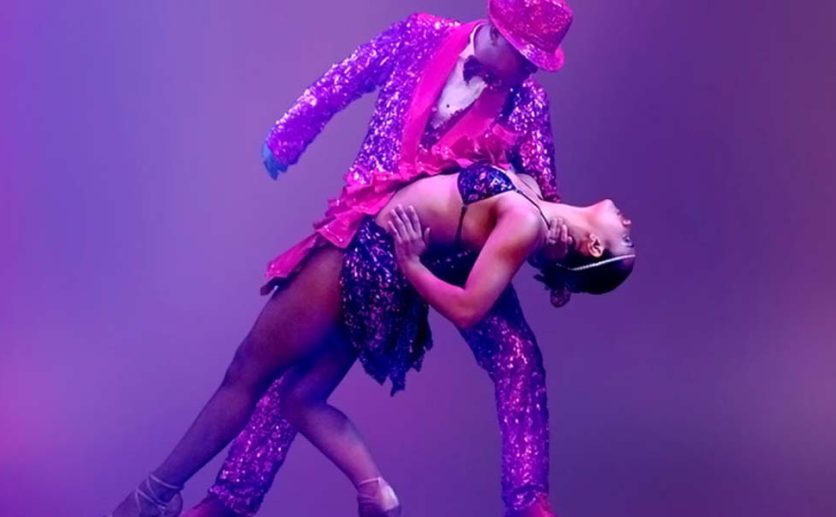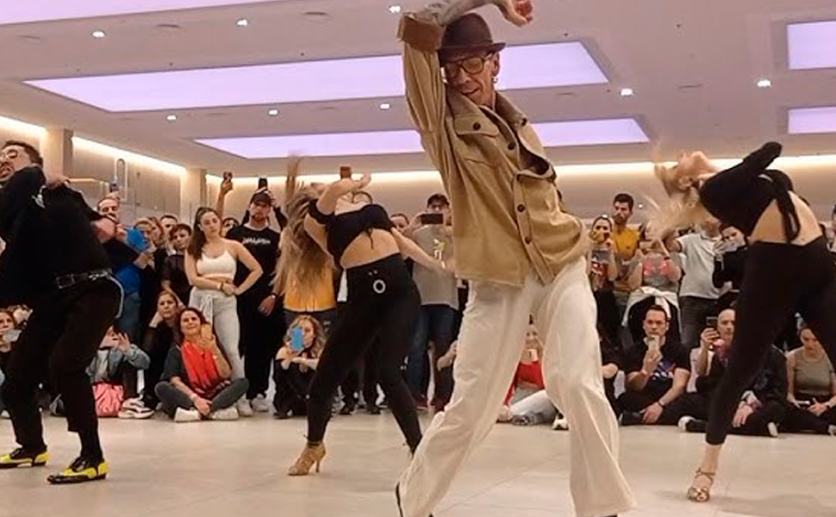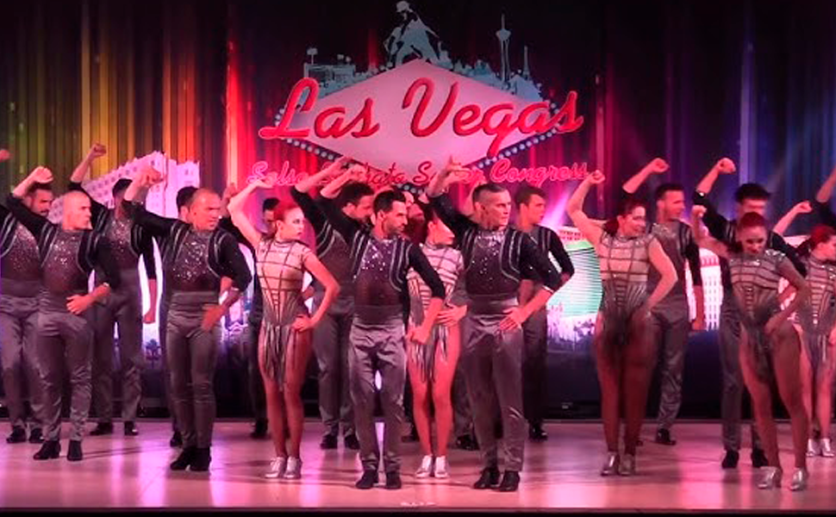The Origins of Salsa: A Fusion of Afro-Cuban and Caribbean Rhythms
Salsa is a musical genre and dance style that emerged in the mid-20th century, deeply rooted in the Afro-Cuban and Caribbean musical traditions. Its origins trace back to Cuba and Puerto Rico, where it developed as a fusion of various styles, including son cubano, mambo, guaguancó, and other Afro-Latin rhythms. The term “salsa” itself, meaning “sauce” in Spanish, was coined to reflect the vibrant mix of styles and influences that form the basis of this genre.
Afro-Cuban Roots
The seeds of salsa were planted in the 1920s and 1930s with the rise of son cubano in Cuba. This genre combined Spanish lyrical elements with African rhythms, creating a unique musical form that laid the foundation for what would become salsa. The use of congas, bongos, and clave rhythms are deeply rooted in Afro-Cuban musical traditions. As Cuban musicians began experimenting with other genres, elements of rumba, mambo, and cha-cha-cha were incorporated, forming a complex rhythmic structure that salsa would later adopt.
Salsa in New York City
Salsa truly came to life in the 1960s and 1970s when Cuban and Puerto Rican immigrants in New York City began blending their musical heritage with jazz, soul, and other American genres. The vibrant cultural melting pot of New York, particularly in neighborhoods like Spanish Harlem, allowed salsa to evolve into a more energetic and modern form of Latin music. It was here that artists like Tito Puente, Johnny Pacheco, and Celia Cruz became instrumental in shaping salsa into the internationally recognized genre it is today.
The Fania All-Stars, a legendary salsa collective founded by Johnny Pacheco and Jerry Masucci in the late 1960s, played a pivotal role in bringing salsa to mainstream audiences. Their performances and recordings popularized salsa not only across Latin America but also in the United States and Europe, cementing salsa’s place as a global phenomenon.
The Dance of Salsa
Salsa as a dance mirrors the complexity and excitement of the music itself. Rooted in Cuban son and mambo, salsa dancing is characterized by its vibrant footwork, spins, and partner connection. The style of salsa dancing varies across regions, with distinct forms such as Cuban salsa (casino) and New York salsa (on2), each bringing unique flavor and interpretation to the dance. While the dance can range from fast and energetic to slow and sensual, it always reflects the rich rhythms and improvisational spirit of the music.
Evolution and Global Reach
Salsa has continued to evolve, incorporating influences from other genres like jazz, funk, and rock. The global reach of salsa is now undeniable, with dance schools, festivals, and salsa clubs found all over the world. While it remains a vibrant part of Latin American culture, salsa has also become a symbol of Latin identity across borders. Cities like Los Angeles, Cali, and Miami have become major salsa hubs, hosting some of the biggest salsa festivals and competitions in the world.
Salsa Today
Salsa continues to evolve with new generations of musicians and dancers contributing to the genre’s growth. Modern salsa incorporates elements of urban genres like hip-hop and reggaeton, while still staying true to its roots. The beauty of salsa lies in its ability to adapt and evolve while maintaining its core rhythmic and cultural essence.
From its Afro-Cuban roots to its global influence, salsa is a testament to the power of cultural fusion and artistic innovation. Whether danced in a club or performed on a grand stage, salsa’s infectious energy and passionate rhythms continue to captivate audiences worldwide.













Recent Comments